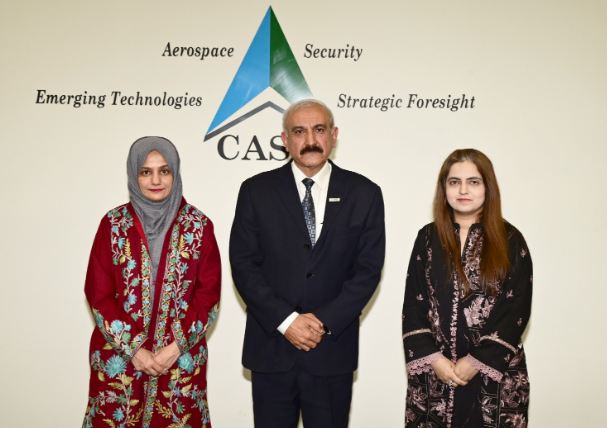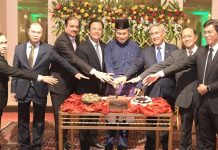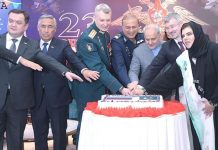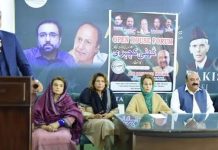ISLAMABAD, FEB 12 /DNA/ – The Centre for Aerospace & Security Studies (CASS), Islamabad, hosted a Catalyst Conversation reaffirming Pakistan’s unwavering political, moral, and diplomatic support for the people of Jammu and Kashmir. The discussion reinforced the need for sustained efforts in advocating for their fundamental rights and dignity on the global stage.
Session moderator and Research Associate at CASS, Ms. Shaza Arif, highlighted that generations of Kashmiris have suffered under repression, militarisation, enforced disappearances, and severe human rights violations. She pointed out the deteriorating situation following India’s revocation of Articles 370 and 35A on August 5, 2019, which removed Kashmir’s special status and facilitated demographic and political manipulation. She further noted that India’s settler-colonial project in Jammu and Kashmir is being implemented through legal and administrative changes, demographic shifts, and technology-enabled repression.
Keynote Speaker, Ms. Farzana Yaqoob, Former Minister for Social Welfare and Women Development, Azad Jammu and Kashmir, reflected on the evolving dynamics of the Jammu and Kashmir conflict, noting that while it once carried significant costs for India, these have now diminished. She stressed that Pakistan had maintained a magnanimous attitude towards dialogue, but India had shown little interest in engagement, particularly on Kashmir. She also remarked that India’s aggression had intensified over time, especially in its challenges to the Indus Waters Treaty, further exacerbating tensions in the region. Despite this, Pakistan had remained steadfast in advocating for Kashmir on international platforms, including the UN, EU, and OIC. She highlighted that Kashmiris, deeply invested in Pakistan, placed more trust in Pakistan than in themselves, and the political leadership of Pakistan had displayed unity in supporting their cause.
Ms. Yaqoob further noted that while India had effectively leveraged its media and film industry to control the Kashmir narrative, Pakistan’s coverage of the issue remained limited, with PTV being the primary broadcaster consistently reporting on Kashmir. She stressed the need for original and indigenous Kashmiri content to counter India’s influence and raise awareness of the struggles faced by Kashmiris. She cautioned that future conflicts between India and Pakistan would likely centre on water disputes rather than land, reinforcing Quaid-i-Azam’s assertion that Kashmir is Pakistan’s jugular vein.
In his Concluding Remarks, Air Marshal Javaid Ahmed (Retd), President of CASS, noted the think tank’s role in providing valuable insights to policymakers, particularly following the revocation of Article 370 in 2019. He observed that India was executing a calculated strategy on IIOJK and stressed the need for Pakistan to project its strengths more effectively and unite its intellectual resources to counter Indian actions.
The discussion was followed by a thought-provoking question and answer session, where participants talked about into the human cost of the conflict, shedding light on the profound struggles faced by individuals, families, and communities living under perpetual Indian occupation.

















